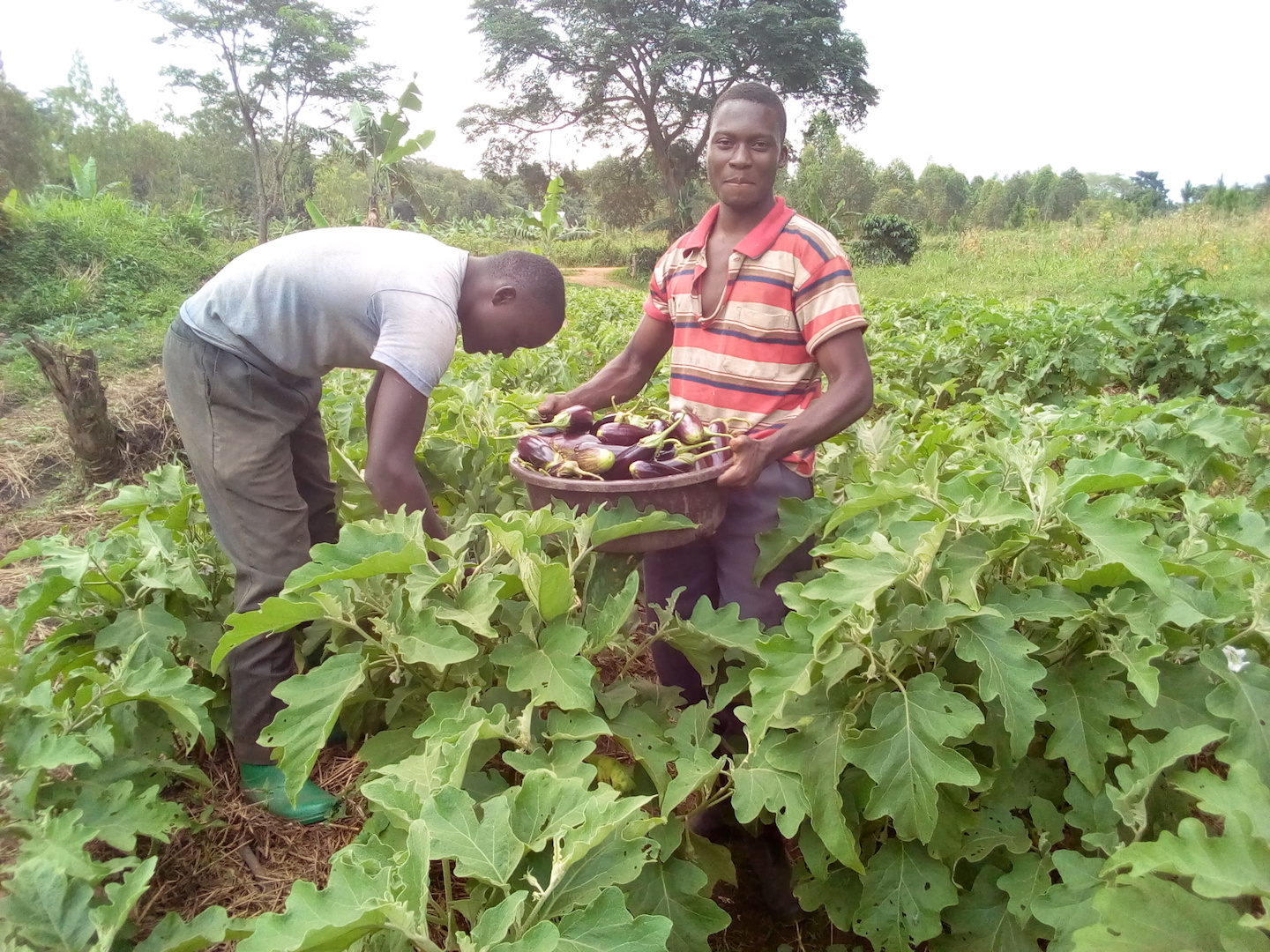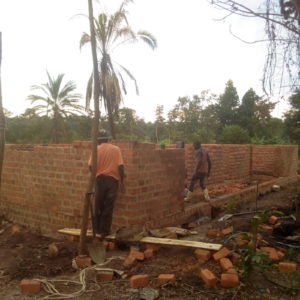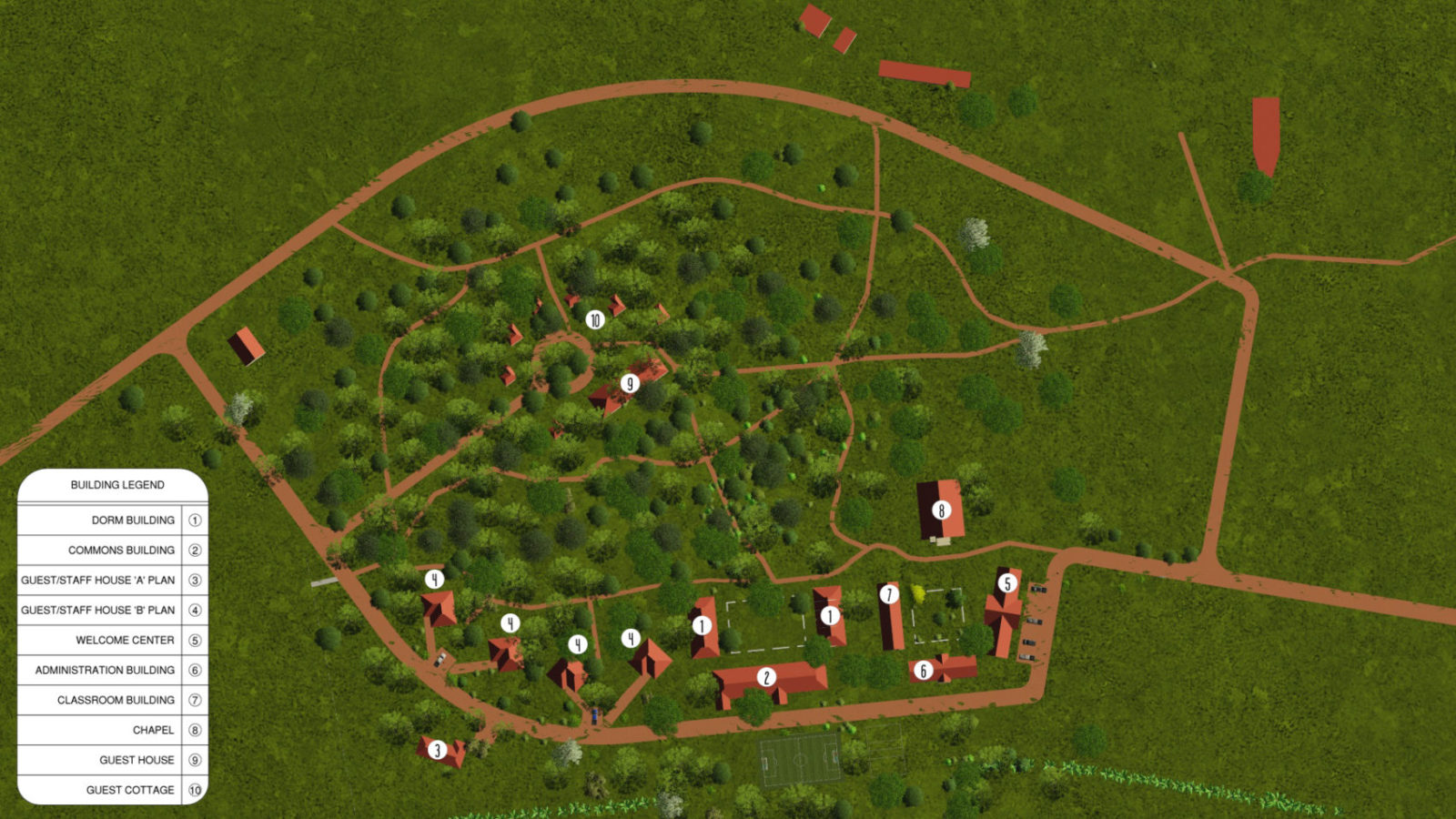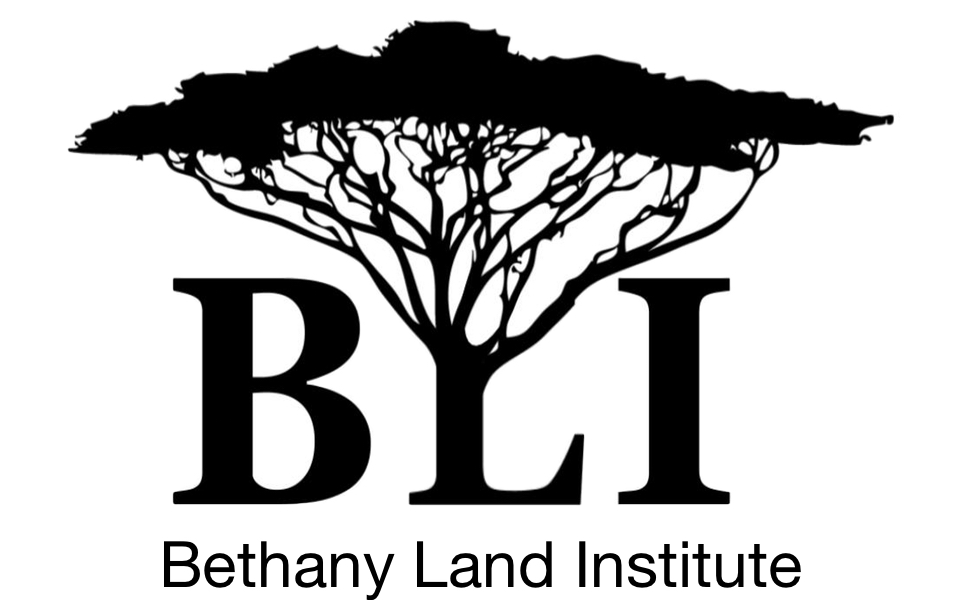
Our Goal
Bethany Land Institute represents a new model: an integrated approach to fight poverty, restore dignity and care for creation. Our goal is to inspire similar models that can revitalize rural livelihoods in Uganda.
Bethany Land Institute’s vision is flourishing rural communities setting a new standard for sustainable creation care, food production and economic well being in Africa.
Our Mission is to set up and run an education program (Institute) that trains catalysts for rural transformation through an integrated approach that combats poverty, protects nature and restores human dignity in Africa.
The mission will be realized through 3 key programs of the Bethany Land Institute:
-
Mary’s Farm: A sustainable farm that conducts educational and mentorship programs in sustainable practices of land use and food production.
-
Lazarus’ Trees: A forest, which serves as a catalyst for a major countrywide reforestation effort and an education base for a new ecological consciousness.
-
Martha’s Market: A Savings and Credit Cooperative Organization (SACCO), which serves as the business hub of the BLI and the engine for ongoing economic entrepreneurship of the BLI caretakers. Among others, Martha’s market will set up, manage and operate a retreat center and a roadside market (to provide a market for the produce, a rest stop for travelers, and publicity for the BLI vision and programs).
Addressing Three Challenges
The Bethany Land Institute in Uganda is a response to three major challenges associated with land in rural Africa:
-
Deforestation & Environment Degradation: Africa’s growing population,[1] coupled with inadequate, and in some places non existing government energy and ecological policies has led to mass and rapid deforestation as trees are cleared for firewood and for farming purposes. But deforestation is just one (albeit the most obvious) aspect of a large ecological crisis facing Africa, where the effect on weather patterns and land depletion is already obvious, and will only get worse. To stop this trend requires not only a massive reforestation campaign, but sustained education efforts in ecological consciousness, creation care and the protection of mother earth.
-
Food insecurity: The rapidly growing population, coupled with global warming (reduced and irregular rainfall), depleted topsoil cover, have already created a crisis of reduced food production. As the land becomes more arid and less productive, families seek bigger plots of land to grow food. Land issues are increasingly becoming a major source and site of conflict in Africa in the next decade. The need to transition from old farming patterns that required big plots of land towards smaller, highly productive land holdings, and which do not depend on chemical products that are environmentally hazardous is urgent. This calls for demonstration models and practical experiments of sustainable food production in a manner that is able to sustain both communities and the land, while at the same time serving as viable economic enterprise.
-
Poverty: The lack of viable economic activities in rural Africa is a major challenge especially for the youth. Those who are somehow educated feel there is nothing for them to do in the villages – and often end up in slums on the city edges. Those who remain in the village engage in ecologically disastrous tasks like charcoal and brick making, which involves the cutting of trees and digging out of marshes. Thus the lack of viable economic options not only contributes to the ecological crisis, it undermines the dignity of millions of African young people, who increasingly feel unwanted, excluded and a failure. The long time security and sustainability of African communities is at stake in the face of over 133 million (over 50% of African youth) young Africans who are illiterate and unemployed.
Our Progress
Since the purchase of the land in 2015, BLI has been incorporated as a nonprofit organization in Uganda and the United States. Parts of the land have been cleared and prepped for construction, staff have been hired to manage the land and develop the BLI curriculum and programming, and living quarters have been constructed for the current land managers. BLI partnered with Engineering Missions International to complete a thorough land assessment and develop a site plan. Successful fundraising efforts for BLI have been undertaken, and community dialogue and involvement have begun. We have secured funding to begin Phase I of our building plan in 2019.There is very strong support from local community members, and a sense of hopefulness that BLI will bring a new vitality to the region. BLI hopes to take its first cohort of the students in January of 2021, upon the completion of the first building phase of the campus.

Timeline and Milestones
2012-13
-
Dreams & an emerging vision
2014
-
BLI Concept is conceived
-
Clarifying the vision - conversations in Uganda and the US
-
Acquiring land
2015
-
Surveying & securing the land (fencing)
-
Farm house constructed
-
Hired farm manager, security officer and two farm hands
-
Set up BLI Uganda Ltd (LLC). 1st meeting of BLI Uganda board
2016
-
Topographic survey carried out
-
Master site Campus plan developed by Engineering Missions International (EMI)
-
BLI USA set up as 501(c)3
-
Held 1st meeting US board
-
Held US vision casting meeting
2017
-
Simon Nyombi joins BLI as coordinator
-
Bank accounts and BLI office set up in Uganda; Julius is hired as accountant
-
Fundraising for Phase One of campus construction
2018
-
Staff formation program launched
-
ECI grant secured
-
Susan joins staff as accountant
-
David joins staff. Launch of Lazarus trees program
-
Conversations with Notre Dame
-
Conversations (and grant application) with Wheaton Franciscan Sisters
-
US Advisory Council Meeting
-
2 BLI USA Board meetings
-
1 BLI Uganda Board meeting
-
Martha’s SACCO set up
2019
-
BLI Uganda 5 year strategic plan meeting
-
Curriculum Development workshop
-
NGO Registration
-
Phase One campus development starts
-
Set up demostration and teaching farm
-
Recruit (select) 1st caretaker cohort
2020
-
Campus construction and demonstration set up continues
-
Recruit (select) 1st caretaker cohort
-
Preparations for Institute launch
2021
-
Jan: BLI officially launches: 1st cohort
-
First Martha’s Market
2022
-
2nd (cohort) intake
-
All BLI programs fully established and running.
2023
-
Development of 2nd phase of BLI Campus
2025
-
Third and final phase of BLI campus development
Site Plan

